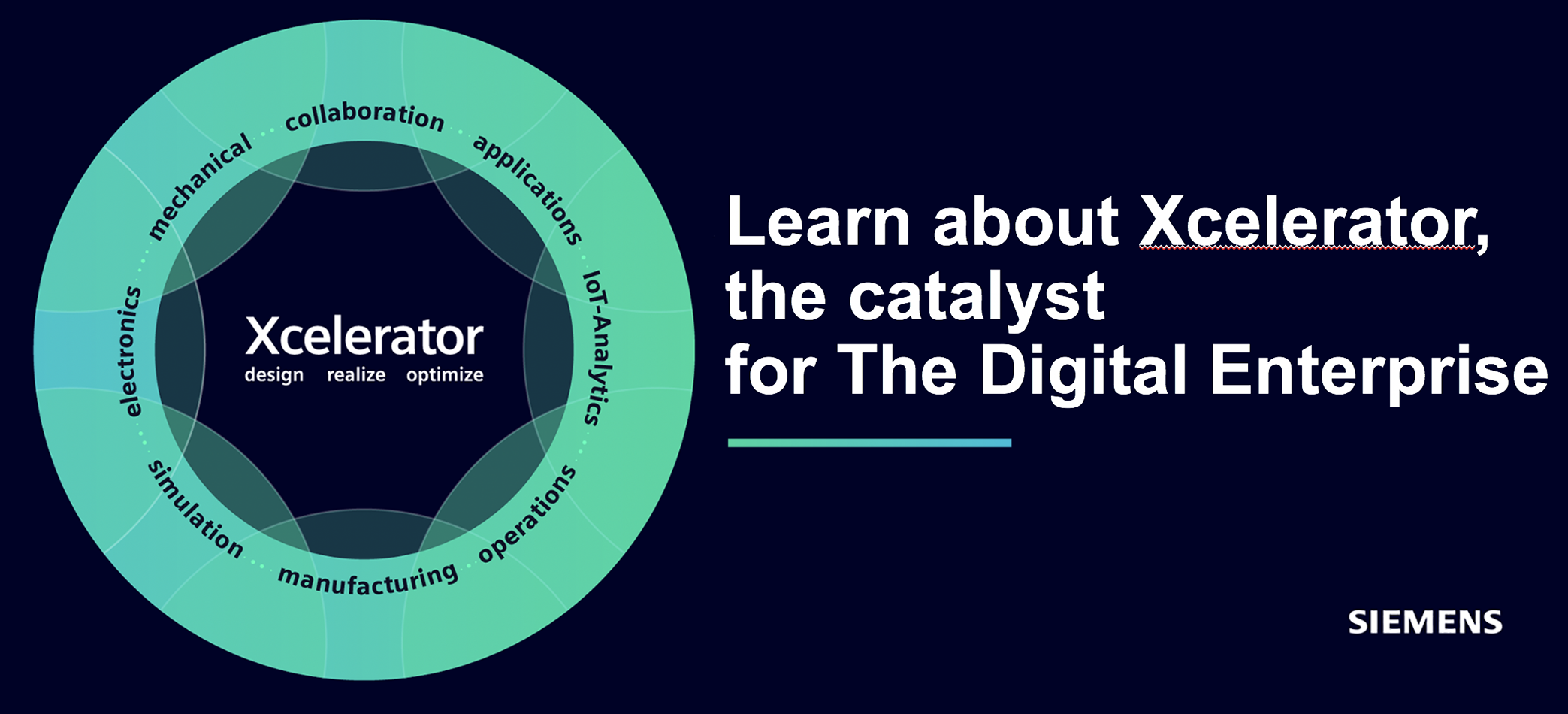Robert Kattner further points out that the new Codebeamer Copilot solution can also, “help our teams import requirements references from legacy IT systems. It will drive our productivity gains by reducing the time to import, review and write requirements. In a nutshell, our engineers will do their work more efficiently.”
Fundamental changes paves the way for software development investments
Among the most important reasons for why software is playing an increasingly important role in the automotive industry is the unique technological explosive phase right now. AI, software, SDV concepts, electrification, and electronics—as some of the most prominent new technologies—pave the way and dramatically change product development. This not only affects PLM developers, such as leading players like PTC, but also fundamentally changes the situation for the car manufacturers. Today’s cars are more connected, software-controlled, autonomous and electric than ever. Each of the vehicles contains, or will soon contain, millions of lines of code and must daily be able to handle terabytes of data. This is a huge undertaking and it has led to a dramatic change in the way several major vehicle manufacturers work, not least to now quickly build up sophisticated infrastructures for software development.
BMW competitor Mercedes Benz is a good exampel. Its CSO, Chief Software Officer, Magnus Östberg, in a LinkedIn article wrote: “It’s about a radical change in the way of working that comes with a future in the industry that is increasingly about software. Development of software-defined vehicle (SDVs) platforms belongs to the currents that profoundly change the automotive and transport industry,” stated Östberg. Today’s Mercedes-Benz vehicles contains millions of lines of code and can handle tens of terabytes of data every day. This is a huge undertaking and it has led to a “volcanic” shift in the way MB work, he went on and noted that the group among other things have invested heavily, more than hundred million euros, in a sophisticated software development infrastructure. ALM software is a considerable part of this bet.
This development line also goes for several other of the vehicle developers, resulting in a growing market for adequate software development solutions – like PTC’s Codebeamer.

The best of both worlds
In the press materials surrounding the Microsoft and VW Group collaboration, PTC’s Kevin Wrenn (pictured left), Chief Product Officer, also comments on the value of generative AI under the new concept:
”We use generative AI to help customers solve problems and take advantage of market opportunities, such as the efficient development of software-defined vehicles,” he says, adding: ”Our collaboration with Volkswagen Group and Microsoft on Codebeamer Copilot gives us the best of both worlds: an industry-leading manufacturer in the Volkswagen Group that demonstrates how these solutions work in real-world contexts, and a partner in Microsoft that drives development on generative AI and bringing the latest technology to market.”

Microsoft’s director of manufacturing and mobility, Dayan Rodriguez (pictured right), says:
“The manufacturing sector has huge opportunities for generative AI use cases, and we are excited to support this collaboration with PTC and Volkswagen Group, both industry leaders,” said Dayan Rodriguez, corporate director of manufacturing and mobility, Microsoft. “Codebeamer Copilot is a meaningful example of how generative AI can make a long-term, complex process like product development simpler and more efficient.”

What does ALM mean?
Having said that about Codebeamer, let’s also take a closer look at what ALM means from PTC’s perspective. First of all, PTC defines ALM as follows:
“Application Lifecycle Management (ALM) is the strategic process of managing a software or product lifecycle from inception to design, development, testing, deployment, and end-of-life. ALM enables software engineering teams to effectively collaborate on projects using proven agile methodologies and reliable, up-to-date information.”
What are the benefits of an ALM platform like Codebeamer? There are many, of course, but the most important ones, according to PTC, are stronger governance, more efficient application development, and predictable, effective maintenance. Modern software can be very complex, and by leveraging the aforementioned benefits, the benefits for any company can be significant. These benefits include:
- Increased visibility
- Improved compliance
- Faster deployment
- Higher quality products
- Lower development costs
Sharp digital workflows
In this, PTC’s Codebeamer as an ALM platform plays a key role. It not only extends ALM with unique configurability for complex processes, but also offers digital workflows for collaborative development efficiency and regulatory compliance support, and integrates with other PTC products to connect to the technical digital thread.
“Codebeamer is a complete software lifecycle management solution designed to take the complex process of software development and make it as efficient and aligned with business objectives as possible,” the company writes on its website, defining the following areas where Codebeamer benefits can be achieved:
- Requirements Management
- Risk Management
- Test Management
- DevOps
- Software Development
Codebeamer has it all, and for PTC, a successful generative Microsoft Azure AI solution with the Copilot could lead to staggering success, not least in automotive.






